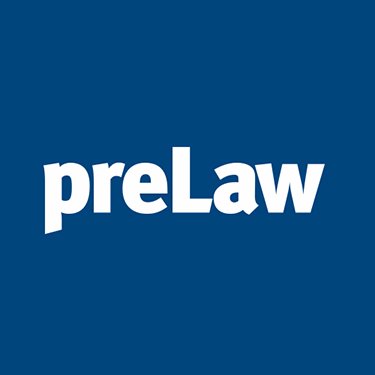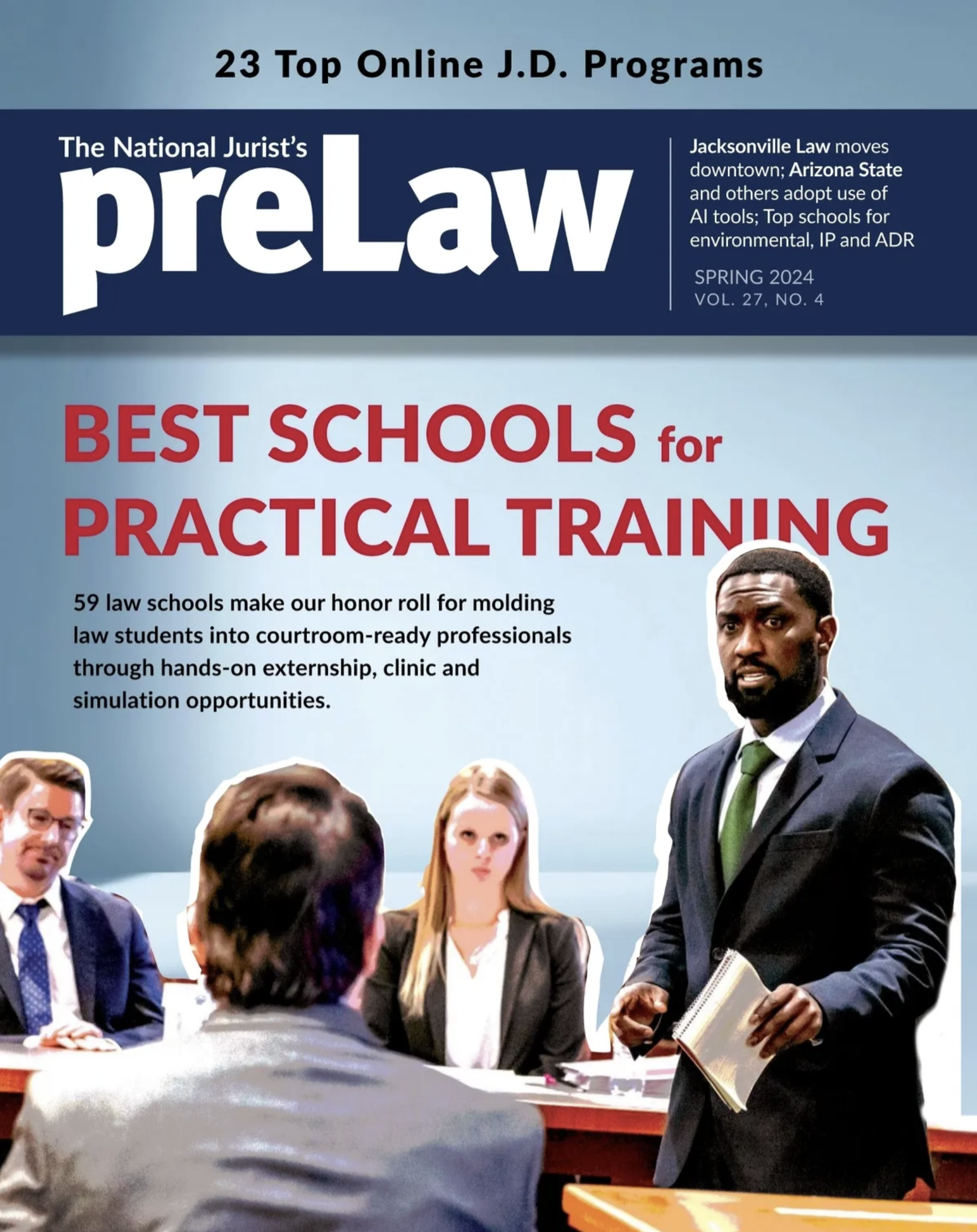Intellectual property is a fast-changing and remarkably broad field that is being fueled by technology and its ever-increasing role in the global economy. Intellectual property lawyers represent creative and innovative people in many fields, from inventors needing patent protection to artists needing copyright protection, as well as companies, big and small, that need to protect their trademarks and trade secrets.
Seattle University School of Law’s Ronald A. Peterson Law Clinic is launching a Digital Lawyering Clinic. It will provide advocacy and counseling for victims of cybercrime. Students will learn to use cutting-edge technology to ensure the best outcomes for clients. The school’s law library is launching a series of workshops on GenAI. They will focus on the mechanics of GenAI, the benefits and risks, and how to use traditional research skills to supervise GenAI tools.
University of Houston Law Center’s Entertainment Law Clinic filed its first Copyright Claims Board action this fall. Led by third-year law students Jordan Marget and Bailey Pruitt, a clinic team assisted a local artist whose billboard-size vinyl art piece had been used by a reality television show without licensing. Marget and Pruitt have partnered with Texas Accountants and Lawyers for the Arts, a nonprofit that provides legal assistance to the creative community. They are also co-founders of the school’s sports and entertainment law organization.
Case Western Reserve University School of Law is launching a program to bring to market innovations in the field of regenerative medicine. It will be a collaboration between the School of Medicine and the School of Law. The curriculum will be part of the School of Medicine’s Master of Science in Regenerative Medicine and Entrepreneurship program. The School of Law’s Spangenberg Center for Law, Technology and the Arts will contribute insights and interdisciplinary strategies in law, management and science. The curriculum focuses on learning to evaluate and develop a product’s commercial potential, generate an intellectual property strategy and bring the product to market.
Antonin Scalia Law School at George Mason University has expanded its Arts & Entertainment Law Advocacy Clinic to represent artists before the Copyright Claims Board. In partnership with the firm of Michael Best & Friedrich LLP., students in the school’s Innovation Law Clinic have filed patent applications and received a notice of allowance for a new and improved golf tee.
University of Dayton School of Law is starting a fellowship program for J.D., LL.M. and M.S.L. students interested in law and technology and intellectual property law. Fellows will present their research at international conferences, symposiums and other online events. They also will serve as commentators for the school’s new IP Law and Tech Monthly Roundtable Series. The series will allow students, faculty and alumni to present research and commentary on court decisions and other high-profile legal developments in IP and in law and technology.
Villanova University Charles Widger School of Law has launched an Intellectual Property Law Clinic. It is led by Waseem Moorad, assistant professor of law, who has a background in electrical engineering and 15 years of professional experience with the United States Patent and Trademark Office.
Suffolk University Law School’s 21st Century Legal Profession course enables online J.D. students to examine the future of legal work and how to prepare for it. Students discuss topics such as: using technology to help unrepresented people; approaches to law practice that involve alternative pricing models; and using AI to make office work more efficient. Guest speakers include chief innovation officers from major law firms and course alumnus Julia Rodgers, the first person to receive funding for a legal tech product on ABC’s “Shark Tank.”
California Western School of Law launched its Law, Justice, and Technology Initiative (LJTI) last October. The LJTI will entail a school-wide update of curriculum and resources. Starting this fall, the law school will offer a new concentration in Intellectual Property, Privacy, and Media Law, allowing students to focus on national and international issues associated with the ownership, use, and regulation of technological advancements, data and creativity — building off the work already being done in the New Media Rights Clinic.
American University Washington College of Law’s program on Information Justice and Intellectual Property hosts the Glushko-Samuelson IP Clinic, which is in its 22nd year, and sponsors numerous other events that deal with intellectual property and information law.
Check out the Spring preLaw 2024 digital issue article to view the law school honor roll.







